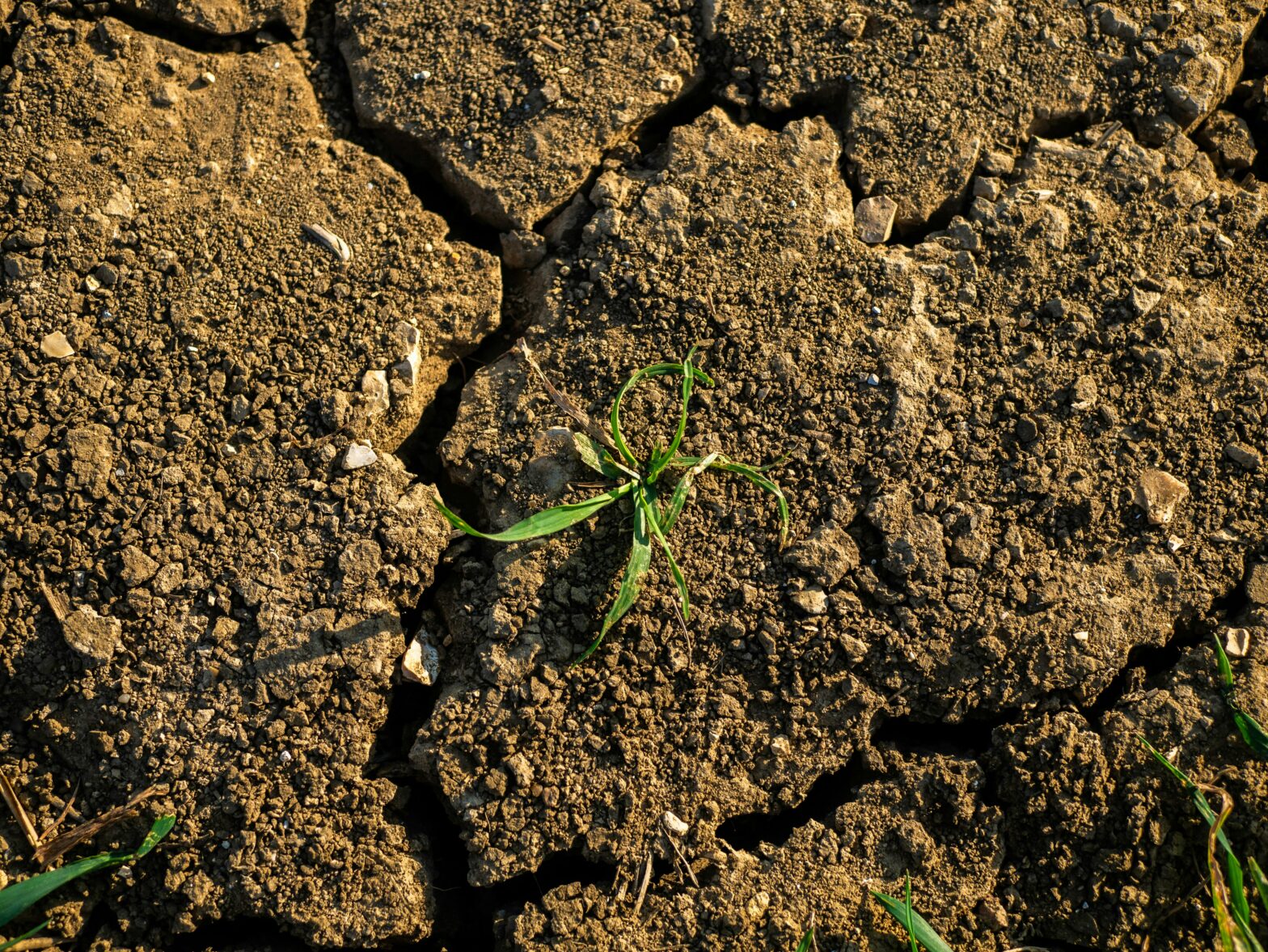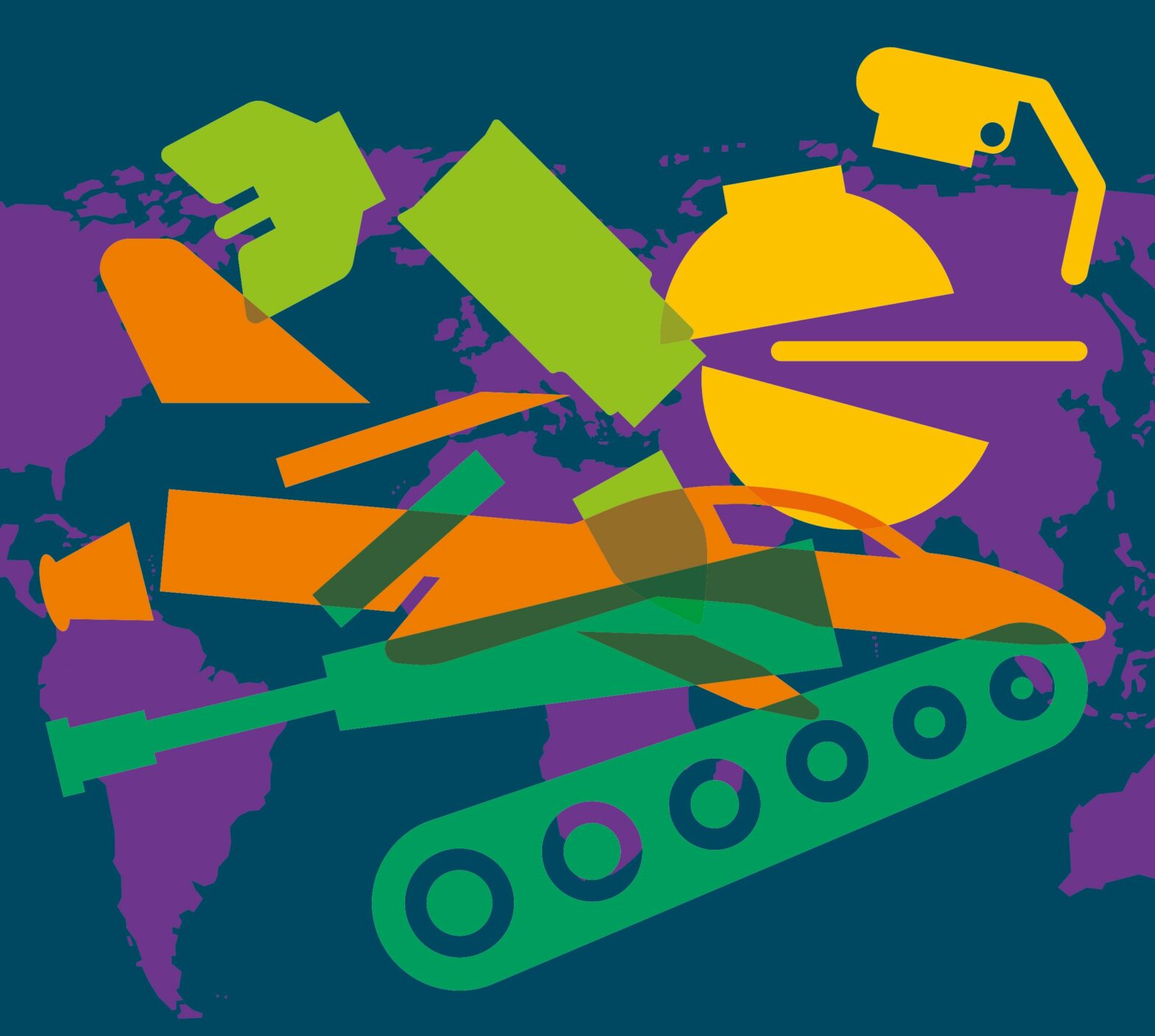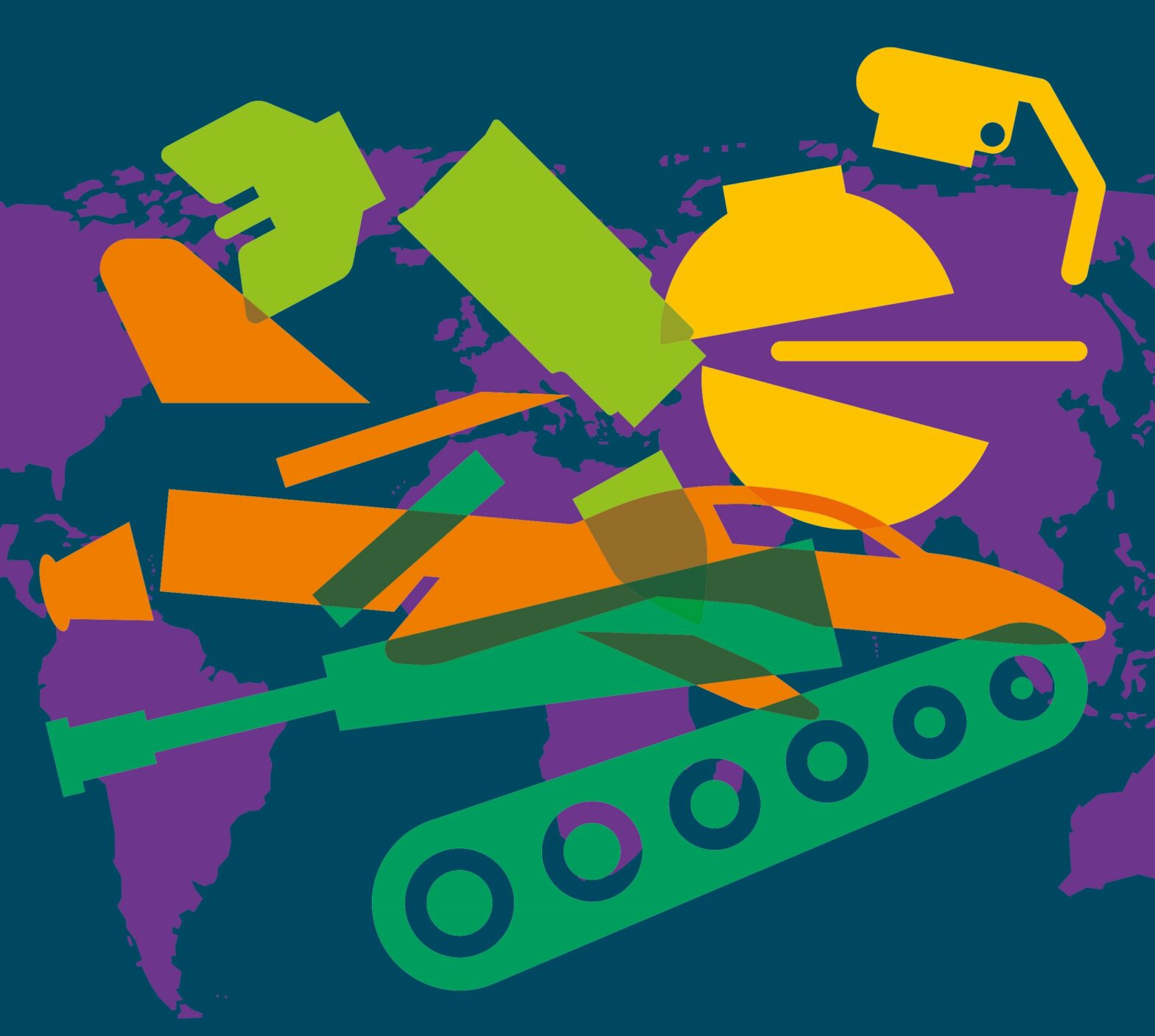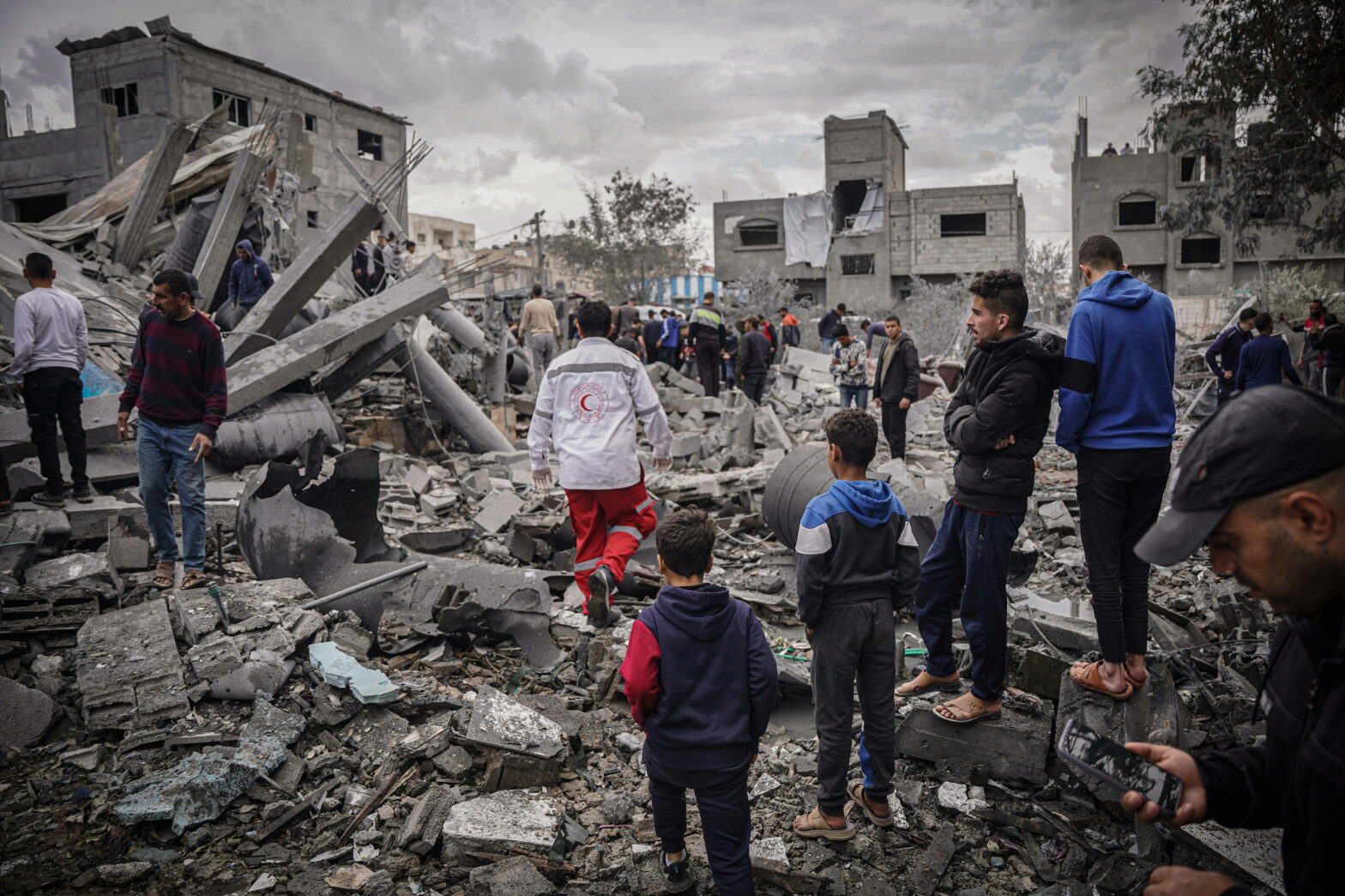Share Twitter Facebook Email Copy URL
Peace is more than the absence of war. Modern violent conflicts have not only direct but also indirect and structural causes. In most cases, multi-layered direct and indirect aspects play a role. Many of these can be considered more at the national, domestic level, such as political discrimination, human rights violations and inequitable distribution; others need to be analysed at the regional and/or global level, such as proxy wars, consequences of climate change and environmental damage, competition for sales markets and global resources, free trade agreements, etc.
These deeper levels of violent conflicts make it not only difficult to understand and analyse conflicts, but also – and above all – to pursue a meaningful and multi-layered approach to peace policy that takes these aspects into account and does not only aim at stopping direct violence. The term “positive peace” considers these aspects and aims at a state in which not only direct violence is stopped, but also indirect and structural forms of violence are eliminated in a preventive and sustainable way.
Causes of conflict in recent decades, which a policy of positive peace must therefore consider, analyse and criticise, are: Political discrimination, human rights violations, unjust socio-economic distribution, the relations of cooperation and competition between states and state blocs for sales markets and global resources in the capitalist world economy, the Western policy of free trade, geopolitical interest politics that quickly escalate local conflicts into proxy wars, or climate change, which is leaving swathes of land desolate and, as a central cause of flight, promoting distribution conflicts. All these things fall under the heading of causes of conflict that must be addressed preventively if peace is to be more than just the temporary absence of war. A politics of left alternatives to violence therefore aims at transformation in the long term, at the conditions of a positive peace, where social and transformative justice is the precondition for a lasting ceasefire.
Let’s strive for positive peace!



